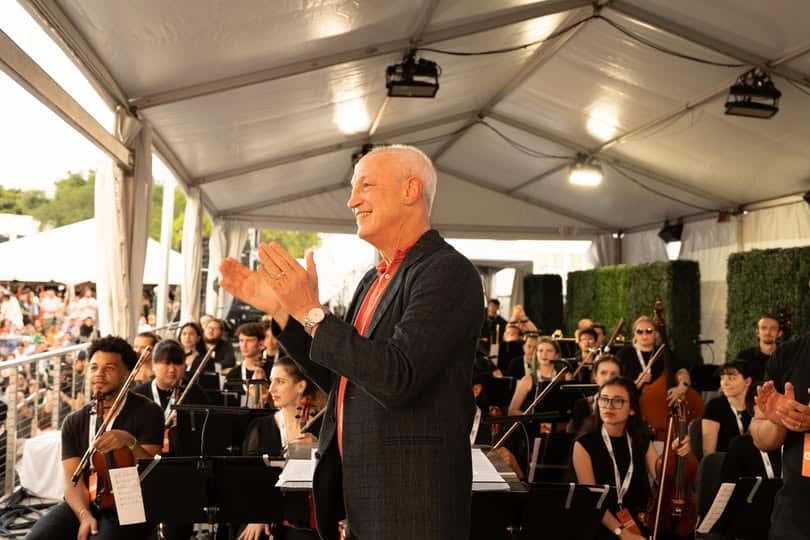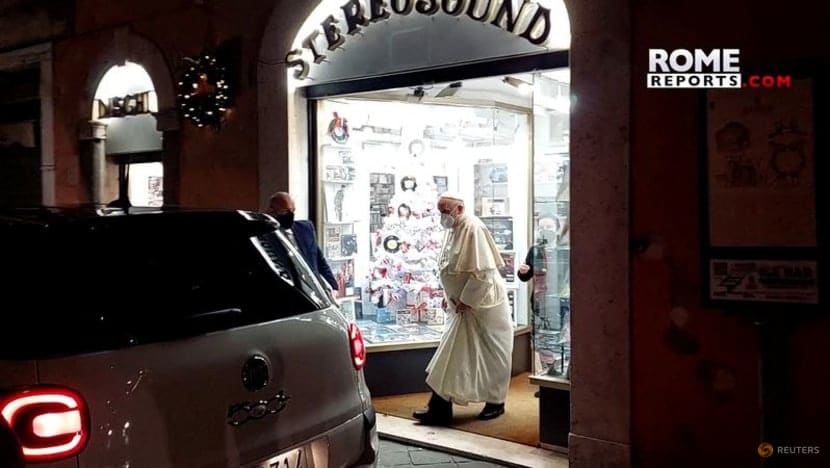The unstoppable master of intimated emotion
Album Of The WeekFrom the Lebrecht Album of the Week:
At the turn of the 21st century, there was hardly any Weinberg to be found on record, except on scratchy old Soviet LPs. Two decades on, there is so much Weinberg about it is hard to advise a new listener where to begin.
Weinberg is one of those composers – like Martinu and Milhaud, for instance – who kept on writing, with or without commission, carrying on even when publishers refused to put out any more. …
Read on here.
And here.
In The Critic here.
In Czech here.
In Spanish here.
En francais ici.





Comments